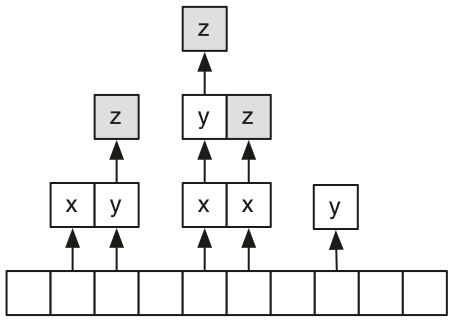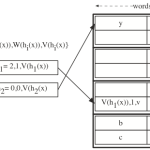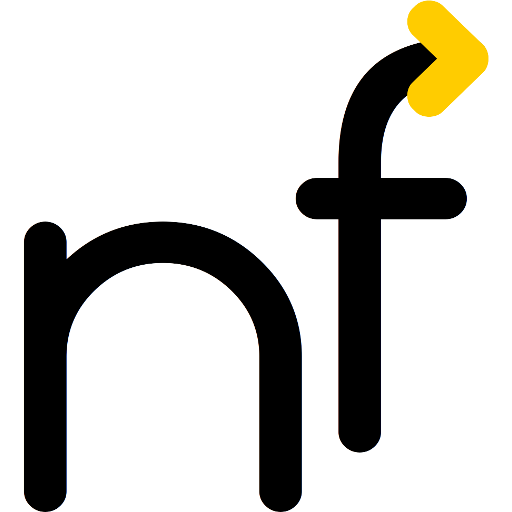Abstract
Hashing has yet to be widely accepted as a component of hard real-time systems and hardware implementations, due to still existing prejudices concerning the unpredictability of space and time requirements resulting from collisions. While in theory perfect hashing can provide optimal mapping, in practice, finding a perfect hash function is too expensive, especially in the context of high-speed applications.
The introduction of hashing with multiple choices, d-left hashing and probabilistic table summaries, has caused a shift towards deterministic DRAM access. However, high amounts of rare and expensive high-speed SRAM need to be traded off for predictability, which is infeasible for many applications.
In this paper we show that previous suggestions suffer from the false precondition of full generality. Our approach exploits four individual degrees of freedom available in many practical applications, especially hardware and high-speed lookups. This reduces the requirement of on-chip memory up to an order of magnitude and guarantees constant lookup and update time at the cost of only minute amounts of additional hardware. Our design makes efficient hash table implementations cheaper, more predictable, and more practical.
BibTeX (Download)
@article{Zink2015EHT,
title = {Efficient hash tables for network applications},
author = {Thomas Zink and Marcel Waldvogel},
editor = {Springer},
url = {https://netfuture.ch/wp-content/uploads/2015/05/zink2015eht.pdf},
doi = {10.1186/s40064-015-0958-y},
year = {2015},
date = {2015-05-15},
urldate = {1000-01-01},
journal = {SpringerPlus},
volume = {4},
number = {222},
pages = {1-19},
abstract = {Hashing has yet to be widely accepted as a component of hard real-time systems and hardware implementations, due to still existing prejudices concerning the unpredictability of space and time requirements resulting from collisions. While in theory perfect hashing can provide optimal mapping, in practice, finding a perfect hash function is too expensive, especially in the context of high-speed applications.
The introduction of hashing with multiple choices, d-left hashing and probabilistic table summaries, has caused a shift towards deterministic DRAM access. However, high amounts of rare and expensive high-speed SRAM need to be traded off for predictability, which is infeasible for many applications.
In this paper we show that previous suggestions suffer from the false precondition of full generality. Our approach exploits four individual degrees of freedom available in many practical applications, especially hardware and high-speed lookups. This reduces the requirement of on-chip memory up to an order of magnitude and guarantees constant lookup and update time at the cost of only minute amounts of additional hardware. Our design makes efficient hash table implementations cheaper, more predictable, and more practical.},
keywords = {Fast Routers, Hash Tables},
pubstate = {published},
tppubtype = {article}
}




